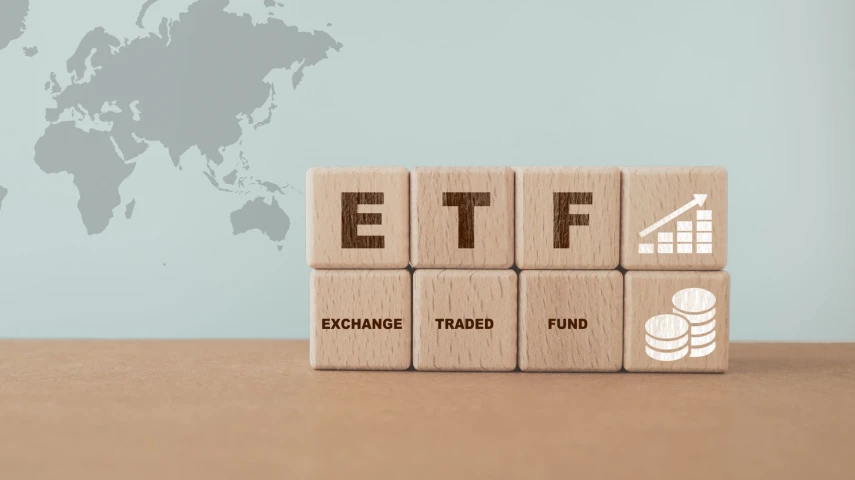Australia’s active ETF development defies outflows: Zenith



Australia is at the forefront of active exchange-traded funds (ETFs) according to Zenith, despite statistics showing they have experienced heavy outflows.
Last week, research by Global X ETFs found active ETFs recorded approximately $1 billion in outflows during 2023. This was despite them making up 55 per cent of new fund launches during the same period.
The $1 billion outflows were primarily attributed to the Magellan Global Fund (Open Class) (Managed Fund), which reported a significant $2.5 billion in outflows.
Firms that launched active ETFs over the period included AllianceBernstein, Macquarie Asset Management, Dimensional Australia and JP Morgan Asset Management.
The attraction of launching an active ETF is for asset managers to broaden their investor reach with more investors, such as those in self-managed super funds (SMSFs) able to easily access the funds in an ETF format.
Reflecting on why they may have seen outflows, Dugald Higgins, head of responsible investment and sustainability at research house Zenith, said they were based on popular thematics.
“A lot of ETFs these last several years have been very thematic, smart beta, direction-oriented function in their construction. To be perfectly honest, no one launches a non-broad market index tracker without having the perfect back test and timing, so what we find quite often is someone will go on the basis of a new back test and a new narrative economic theme coming in.
“It will look great, but the evidence tends to say probably about one or three years later, whatever factors have been driving that ETFs will revert, and they’ll be very irritated with that.
“Secondly, a lot of the early players to the active ETF wrapper, so to speak, have been from firms whose performance subsequently has been pretty soft.”
Another reason that Australia has seen so many launches is that it is easier for global asset managers to launch in Australia rather than the US as the disclosure requirements are less strict. GQG Partners, which is headquartered in Florida, is considering a launch in Australia rather than the US, for example.
Higgins added: “Whether it’s index or active management, there will be ebbs and flows depending on how the market’s been, but I think that is going to be quite a big thing going forward, and Australia’s at the forefront for active ETFs.
“It’s been subsequently picked up in the US. I think Europe seems to be a bit more circumspect, but I think it’s a not-to-be-discounted avenue.”
Recommended for you
Evidentia’s chief investment strategist Nathan Lim has announced his retirement after a 30-year career.
GQG Partners has marked its fifth consecutive month of outflows as its AI concerns lead to fund underperformance but overall funds under management increased to US$166.1 billion.
Apostle Funds Management is actively pursuing further partnerships in Asia and Europe but finding a suitable manager is a “needle in a haystack”.
Managed account provider Trellia Wealth Partners, formed from the merger between Betashares and InvestSense, has appointed its first managing partner.











